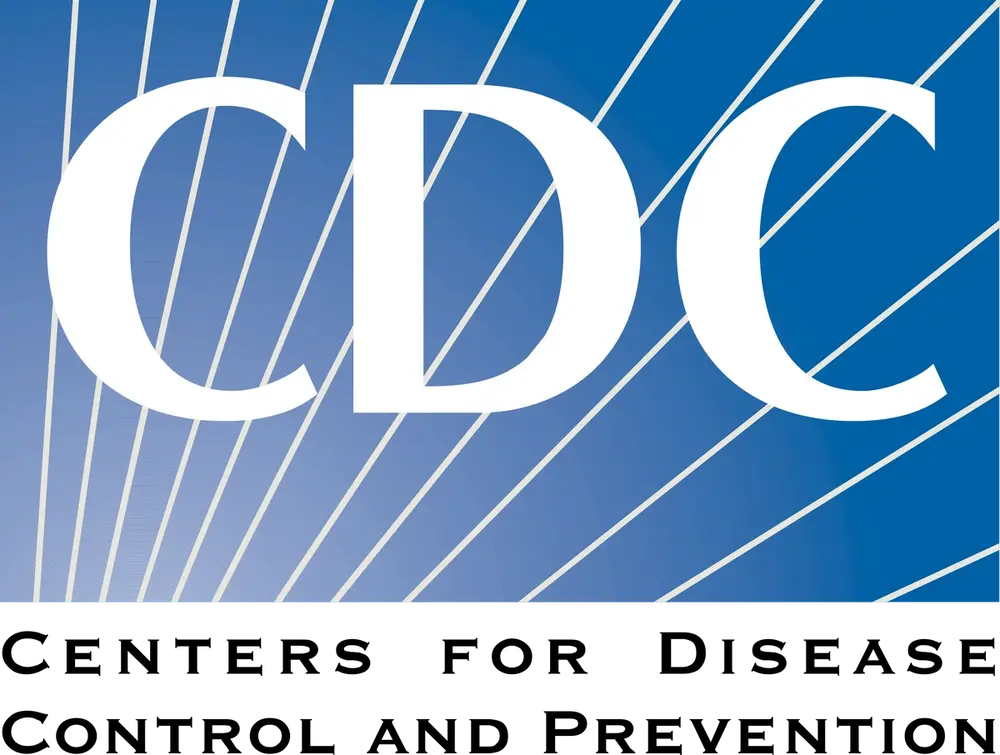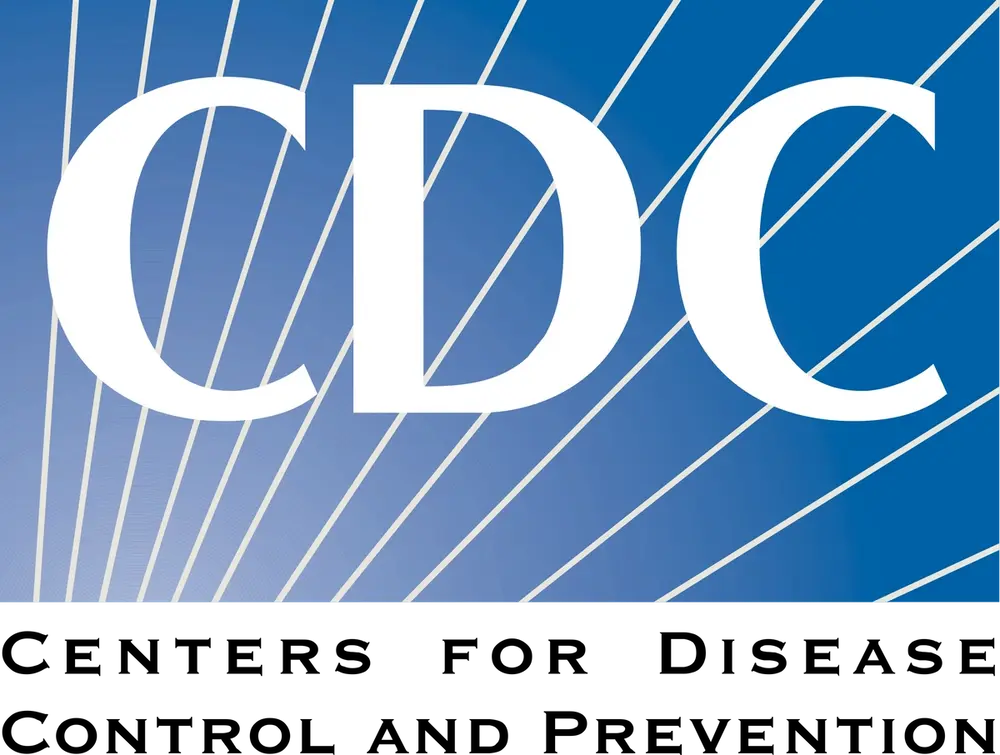The outbreak has appeared in 12 states and investigators are still trying to determine the source of listeria.
Image credit: CDC

The Centers for Disease Control and Prevention (CDC) is reporting that as of this past Friday, a total of 28 people have been sickened with listeria across 12 states and there have been 2 reported deaths, with 1 in New Jersey, and 1 in Illinois.1
All 28 people who contracted listeria were hospitalized and the timeline from when people contracted the foodborne illness and samples were collected from May 29, 2024, to July 5, 2024.1
To learn more about which states where people were sickened, interested readers can go here.
Not too much is known at this point of the specific food products in mind, but according to the CDC, people who were sickened reported eating a variety of meats sliced at deli counters. Of the 18 people able to be interviewed by investigators, 16 (89%) reported eating meats sliced at a deli, most commonly deli-sliced turkey, liverwurst, and ham. Meats were sliced at a variety of supermarket and grocery store delis.1 (See the table below to see the demographics of those who were infected.)

CDC reports that there is no information to show that people are getting sick from prepackaged deli meats.
The federal agency performed an analysis comparing foods reported by people in this outbreak to foods reported by people who got sick with listeria but were not part of the outbreak. Their analysis showed that people in this outbreak were more likely to eat deli-sliced turkey and liverwurst. This information suggests that meats sliced at the deli are a likely source of this outbreak, says CDC. They do caution that there is not enough information to say which deli meats are the source of this outbreak.
Symptoms and Treatment
Listeria in healthy people may have short-term symptoms such as a fever, headache, stiffness, and gastrointestinal discomfort, including diarrhea. However, in children, seniors, and people with weakened immune systems, this foodborne infection can be more severe and could be fatal in some cases. The infection can also cause miscarriages and stillbirths in pregnant women. For anyone who is suffering these symptoms after eating these products, they are recommended to contact a healthcare provider right away.2
In terms of treatment, for those with mild symptoms, no treatment is required, but severe or serious infections can be treated with antibiotics, according to the Mayo Clinic.2 Additionally, during pregnancy, prompt antibiotic treatment might help keep the infection from affecting the baby Mayo writes on its site.2
The Investigation Thus Far
CDC notes there might be more cases because some people recover quickly and do not report it to public health and the illness can take as much as 3-4 to determine if a person has been sickened with listeria.
Public health investigators are using the PulseNet system to identify illnesses that may be part of this outbreak. CDC PulseNet manages a national database of DNA fingerprints of bacteria that cause foodborne illnesses. DNA fingerprinting is performed on bacteria using a method called whole genome sequencing (WGS).
WGS showed that bacteria from sick people’s samples are closely related genetically. This suggests that people in this outbreak may have gotten sick from eating this food.
USDA-FSIS is working to identify the suppliers of deli meats, sliced at deli counters, purchased by people in this outbreak.








